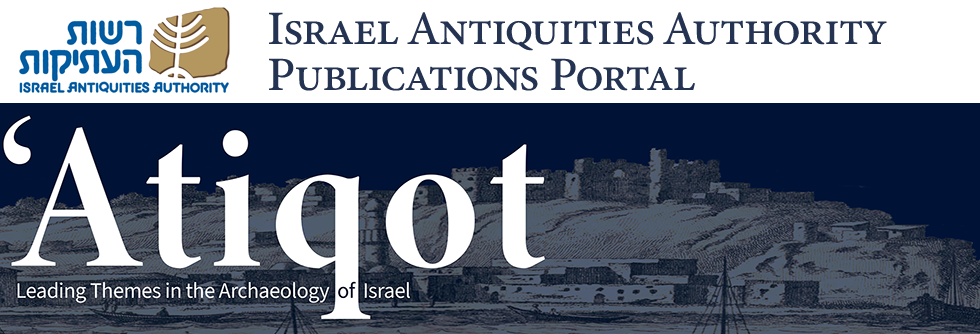Abstract
This report details the second season of excavations at the Knights’ Hotel site, carried out in 2007, covering three areas (A–C) not excavated in the first season (1995). The excavations revealed domestic and public(?) architecture dating from the thirteenth century CE. The architectural features are mostly similar to the ones exposed in the first season and include an abundance of water and sanitary installations: cisterns, wells and cesspits. The mixed character of this neighborhood of the capital of the Crusader kingdom of Jerusalem, and the daily life of its residents is highlighted by the wealth of pottery and glass vessels (some luxury items), coins and small finds made of a variety of materials. Besides domestic dwellings, workshops were identified that produced personal accessories, and practiced crafts related to the pilgrim industry and possibly, to the famous scriptoria of ‘Akko.
Keywords
Crusader period, Acre, ‘Akko, urban archaeology, domestic archaeology, water installations, Kingdom of Jerusalem, coins, pilgrimage, industry, Christianity
Recommended Citation
Syon, Danny
(2025)
"Daily Life and Industry in Crusader ‘Akko:
The Knights’ Hotel Site,"
'Atiqot: Vol. 118, Article 17.
DOI: https://doi.org/10.70967/2948-040X.2329
Available at:
https://publications.iaa.org.il/atiqot/vol118/iss1/17
Included in
Agriculture Commons, Biblical Studies Commons, History of Art, Architecture, and Archaeology Commons

